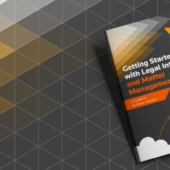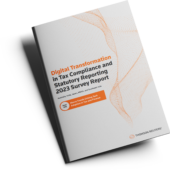Explore by Topic
Global Trade & Supply Chains
- Mastering tariff series Part 4: Ensure classification compliance
- Mastering tariff series Part 3: How to capture duty savings
- Mastering tariff compliance series Part 2: Avoiding or delaying tariffs
Global Tax & Reporting
- 5 Realities of the ATO’s Justified Trust Program
- Reimagining Global Taxation: Voices from the Frontlines of Global Minimum Tax Transformation
- Manage risk effectively with optimised statutory financial reporting
Subscribe toBusiness Insight
Discover best practice and keep up-to-date with insights on the latest industry trends.
Subscribe










